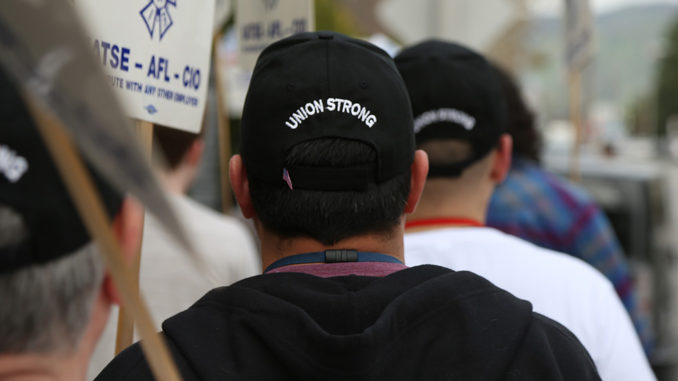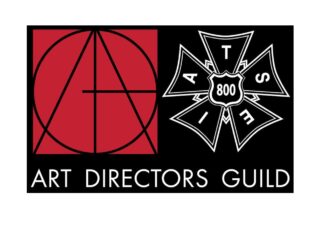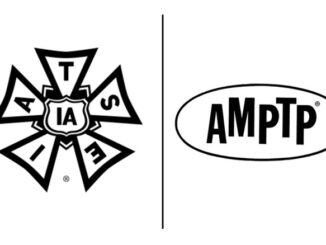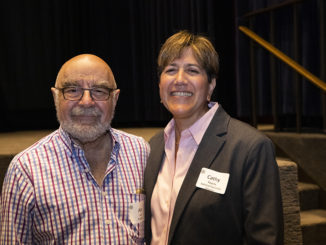
by Rob Callahan

Nearly 17 years ago, a precocious teenage programmer wrote software that simplified the anonymous peer-to-peer sharing of audio files. Almost immediately, Napster rocked the record labels. It spread virulently amongst young users, propelled by a pair of powerful forces: folks’ passion for music and their hunger for free stuff. Modems became magical jukeboxes, allowing kids with minimal technical skills to obtain almost any song ever recorded, gratis.
A flurry of lawsuits soon followed, and the Recording Industry Association of America succeeded in having Napster shut down only two years later. By then, though, the rampant swapping of mp3 files had already effected irreversible change in the marketplace, normalizing piracy for many listeners. Recording industry revenues plummeted from $14.6 billion in 1999 to $6.3 billion in 2009.
Piracy’s disruption of the recording industry affords a simple lesson: When people can freely and easily obtain a thing for which they have historically had to pay, they do so in large numbers, and established institutions supplying such a thing suffer a devastating blow.
Napster may be a familiar name to many; comparatively few, however, will have heard the name of Vance Muse, a reactionary Texas politico active in the mid-20th century. Muse, too, wanted to enable a kind of piracy — permitting people to enjoy for free what they would ordinarily pay for. And Muse’s piracy held and holds similarly disruptive potential for established institutions. But, if Napster’s damage to the music industry was incidental rather than intentional — kids just wanted to listen to free tunes — the damage Muse sought to inflict was deliberate and calculated.
Muse’s innovation was not technological but political: the so called “Right to Work” movement, born of animus toward trade unionism and racial integration. Where they have been enacted, “Right to Work” laws discourage union membership. Their object was, and remains, the evisceration of organized labor.
Although today’s boosters of “Right to Work” respectably couch their arguments in terms of liberty and freedom of [dis-]association, the cause’s roots are mired in segregationist politics.
Back in the 1940s, Muse’s Christian American Association, a Houston-based anti-labor group, coined the slogan “Right to Work.” This misleading term describes laws and policies that emerged in reaction to workers winning the right to elect union representation under the National Labor Relations Act of 1935. Broadly speaking, so called “Right to Work” laws mandate “open shops,” workplaces without valid union security clauses. (Open shops existed prior to Muse’s lobbying, just as piracy predates Napster. Muse is credited with packaging the push for open-shop requirements under the banner of “Right to Work.”)
A union security clause is a provision in collective bargaining agreements requiring that individual workers in union-represented positions either join the union or otherwise contribute to the cost of their representation. The principle is simple: Each individual who enjoys the higher wages, better benefits and other advantages won and maintained by union representation has a responsibility to share the expenses of bargaining. If a group of workers can vote to unionize, they can democratically choose to tax themselves to support their union.
The principle behind “Right to Work” is equally simple: Outlawing union security incentivizes employees to opt out of paying dues by ensuring that they might reap the benefits of representation without paying the bill for it. If enough individuals, acting out of narrow self-interest, choose to stop contributing to the cost of maintaining their unions, the organizations atrophy and die. By requiring representation without taxation, “Right to Work” aims to make organized labor untenable.
Over President Harry Truman’s veto, Congress passed the Taft-Hartley Act of 1947, which contained a host of measures undercutting worker rights. Taft-Hartley allowed individual states to outlaw union security clauses. Muse’s group and others lobbied for such legislation.
US unions, if they are to survive, will need to emphasize their importance as aggressive and radically democratic champions of their members’ interests.
Although today’s boosters of “Right to Work” respectably couch their arguments in terms of liberty and freedom of (dis-)association, the cause’s roots are mired in segregationist politics. Vance Muse, a virulent racist, complained that, in union shops, “White women and white men will be forced into organizations with [African American workers], whom they will have to call ‘brother’ or lose their jobs.” Bigots saw in the open shop a corrective to compulsory inter-racial solidarity, undermining worker power in the process.
In the early years of the movement, state “Right to Work” laws took hold chiefly in the segregated South and remained a mostly Southern phenomenon through the 20th century. Not coincidentally, the South had fewer and generally weaker unions than elsewhere.
Recent years, though, have seen a dramatic resurgence in the forces pushing for “Right to Work.” The revival has been especially jarring in the Midwest, traditionally a relative stronghold of labor. In only the past four years, three Midwestern states — Indiana, Michigan and Wisconsin — adopted “Right to Work” laws. Elsewhere, the threat was averted only narrowly, and perhaps temporarily.
This recent resurgence continues to build momentum. West Virginia is on track to become the 26th state to outlaw union security. (It may have already happened by the time this column sees print.) Even more alarmingly, the Supreme Court is poised to deal the labor movement a devastating blow this summer in Friedrichs vs. the California Teachers Association. The Court’s ruling is anticipated to transform every unionized public employer into an open shop. Roughly seven million unionized employees — about half of the country’s total — work in the public sector. The ruling will represent a huge leap forward for “Right to Work” and a huge fall backward for labor.
Most of our Guild’s membership is concentrated in California and New York, states unlikely to adopt “Right to Work” for private sector employees in the immediate future. But, if public-sector unions are dramatically weakened by Friedrichs, it’s almost certain that anti- labor forces nationwide will redouble their attacks. The open shop may well become the ubiquitous law of the land, posing a potentially existential threat to US unionism as we have known it for the past 80 years. Those of us who believe in worker organization as a necessary counterbalance to corporate power ought to be worried. More importantly, we ought to plan on how to maintain worker power in the aftermath.
By requiring representation without taxation, “Right to Work” aims to make organized labor untenable.
US unions, if they are to survive, will need to emphasize their importance as aggressive and radically democratic champions of their members’ interests. The work of winning members’ hearts and minds will become more urgent to institutions that will have lost automatic access to members’ wallets. Strong contracts and vigorous internal organizing can help persuade workers that a free ride doesn’t advance their long-term interests. Indeed, a number of unions, such as the Culinary Workers Union Local 226 in Las Vegas, have flourished in spite of “Right to Work”; more than 90 percent of the workers represented by Local 226 opt to be dues-paying members, not withstanding Nevada law mandating the open shop.
To the extent that unions lapse into a fee-for-service model, the coming tide of “Right to Work” will prove catastrophic. If members think of themselves as simply paying their union dues in exchange for the service of representation — much as clients might hire an agent or a lawyer to represent them — the lure of getting something for nothing will tempt too many to opt out. Why buy a CD when the mp3 is free?
But the relationship of a member to his or her union is not the relationship of a client to a vendor. Dues are necessary for a union to keep its lights on — if you’re paying Local 700 dues, you’re helping to pay my salary, and I’m happy about that — but dues are not the source of a union’s power. However many talented and skilled staff a union might employ, its real strength derives from its members’ commitment to stand together in support of one another. Unions will persevere to the extent that their leadership and rank- and-file recognize that members don’t represent an organization’s customer base; a union’s membership constitutes its body and soul.
There’s no doubt: a profusion of free mp3s dramatically disrupted the recording industry. But music hasn’t gone away; bands play on. The abolition of union security clauses through Friedrichs and “Right to Work” laws will cause convulsions within the US labor movement. Our institutional models will be sorely tested, and many bureaucratic structures will need to adapt or perish.
But none of those factors will alter the central theme that runs through our movement: When employees band together, we have the power to improve our working lives. If we stick to that tune, and do the hard work of harmonizing, the music won’t die.






